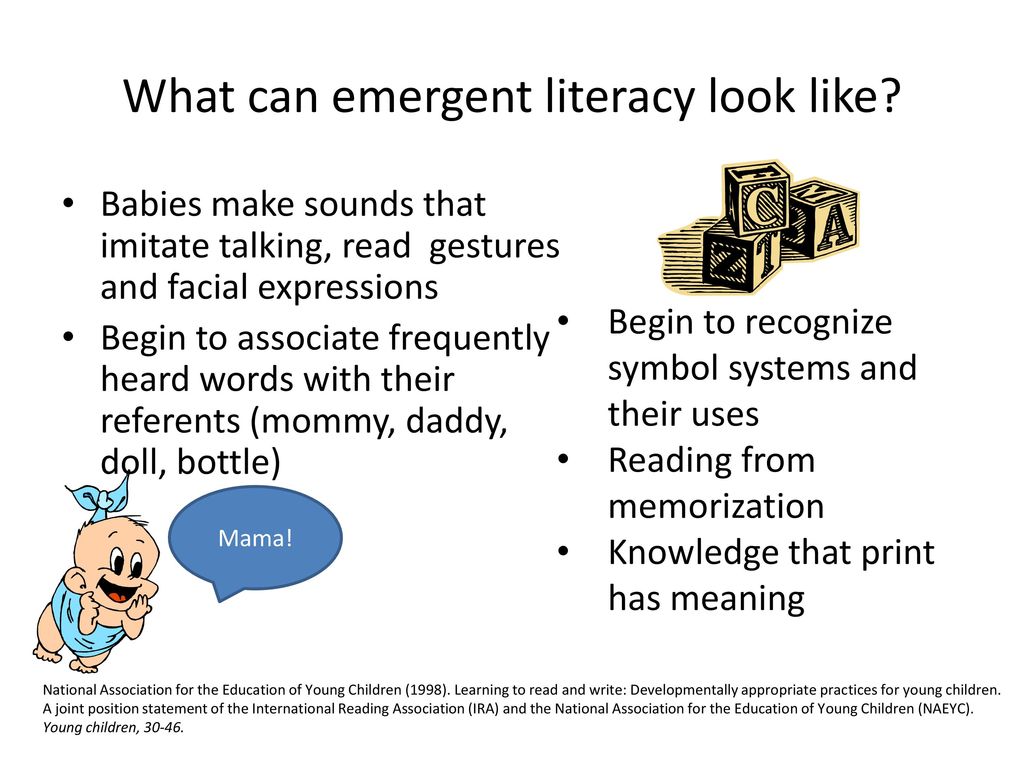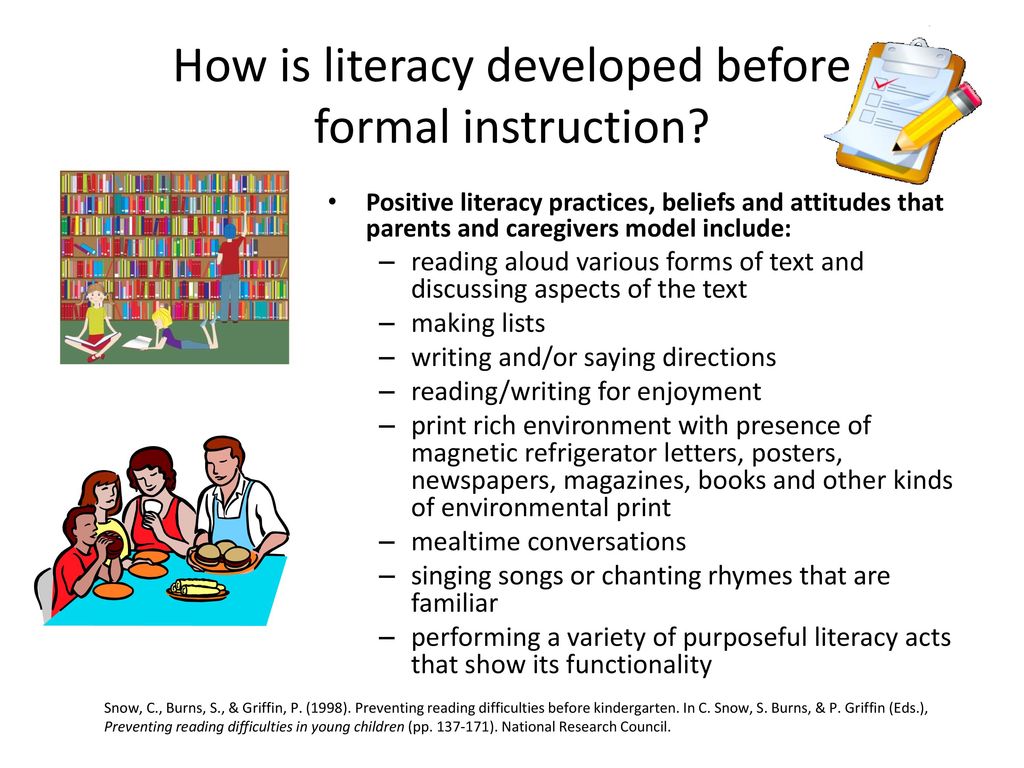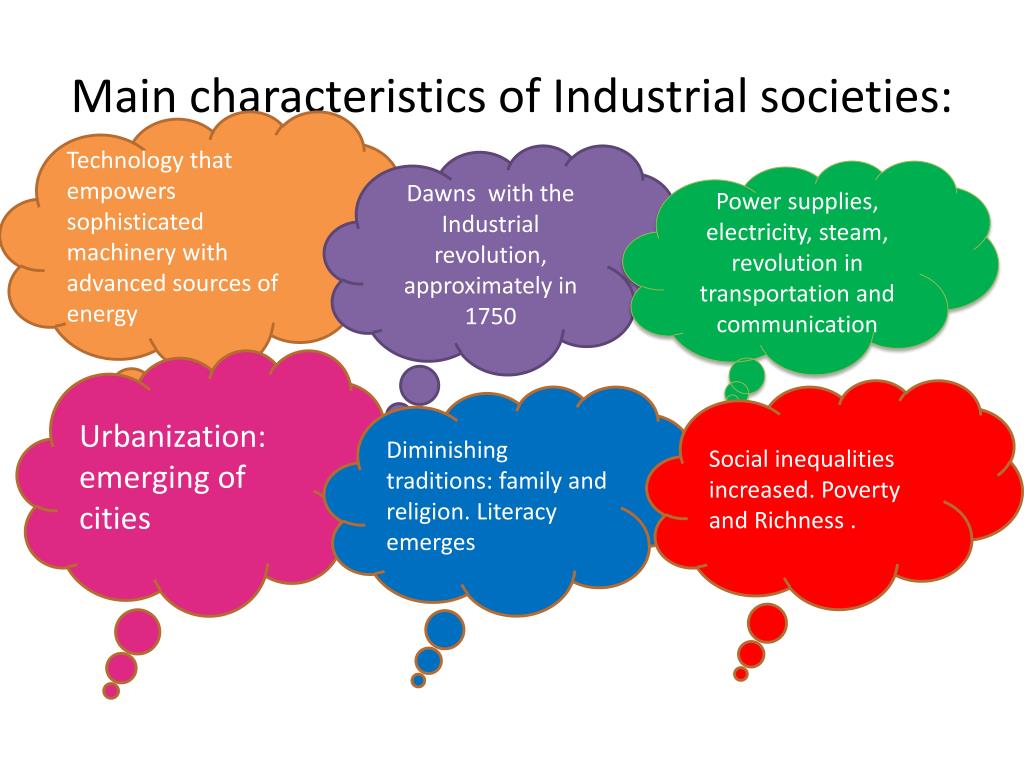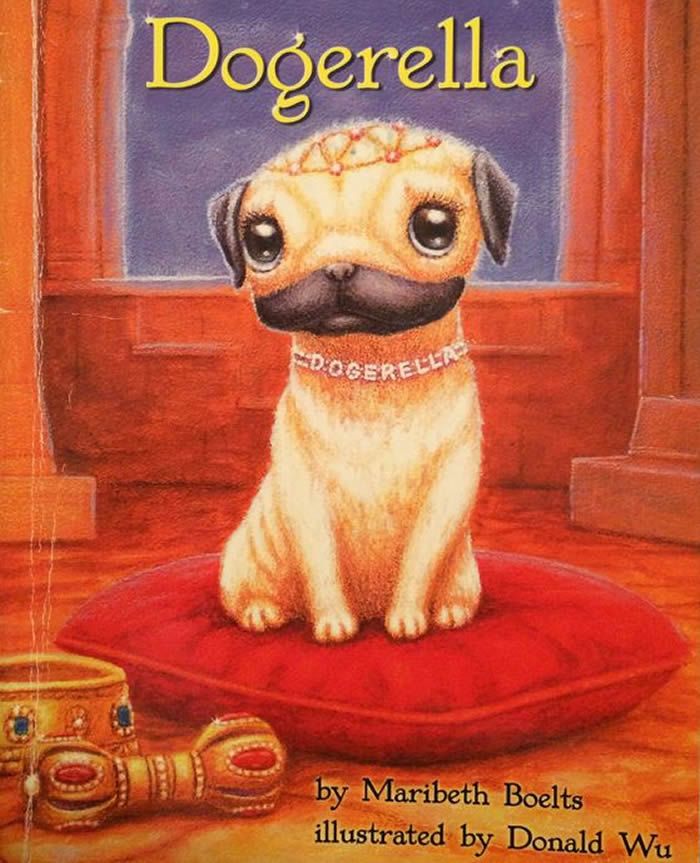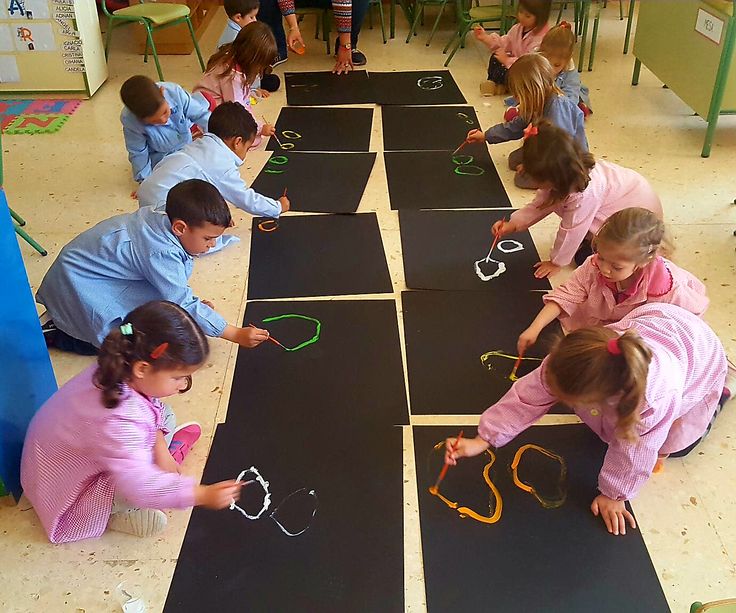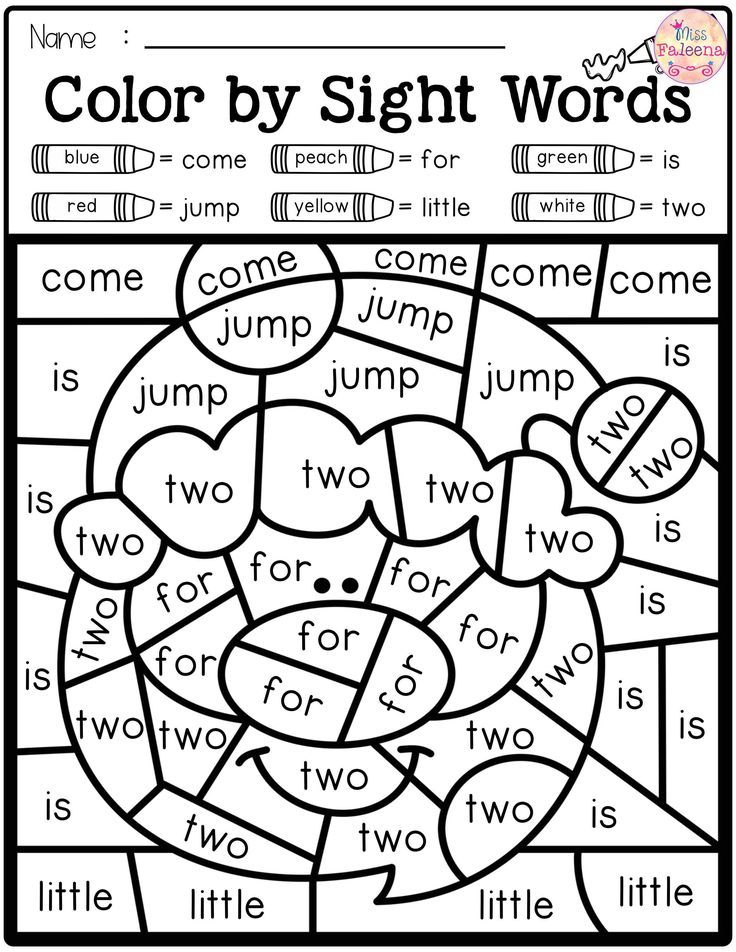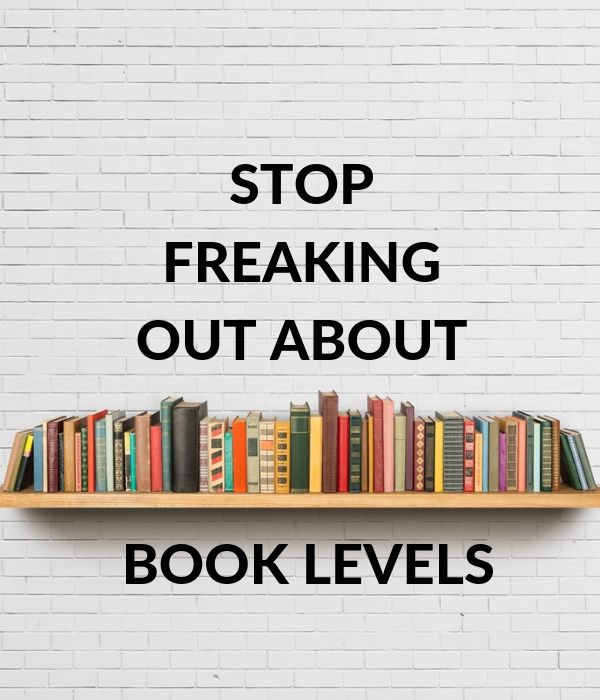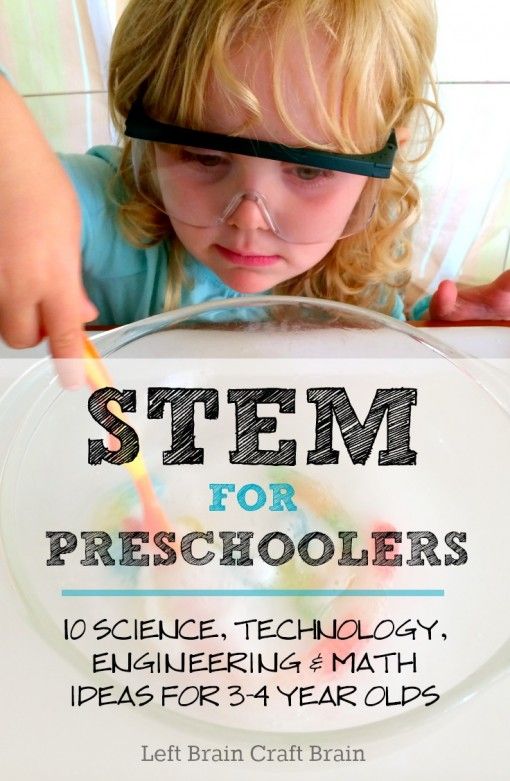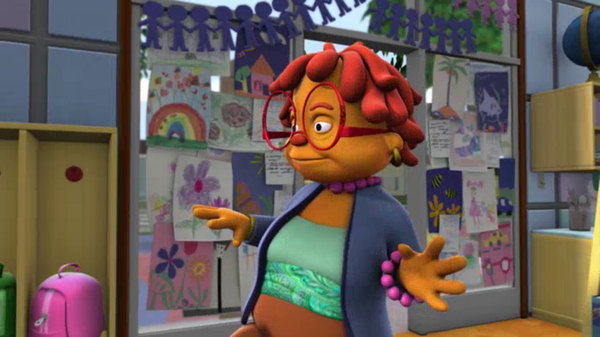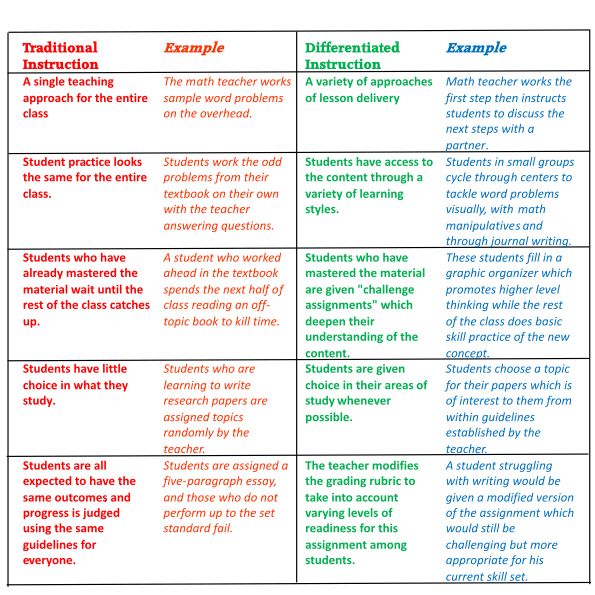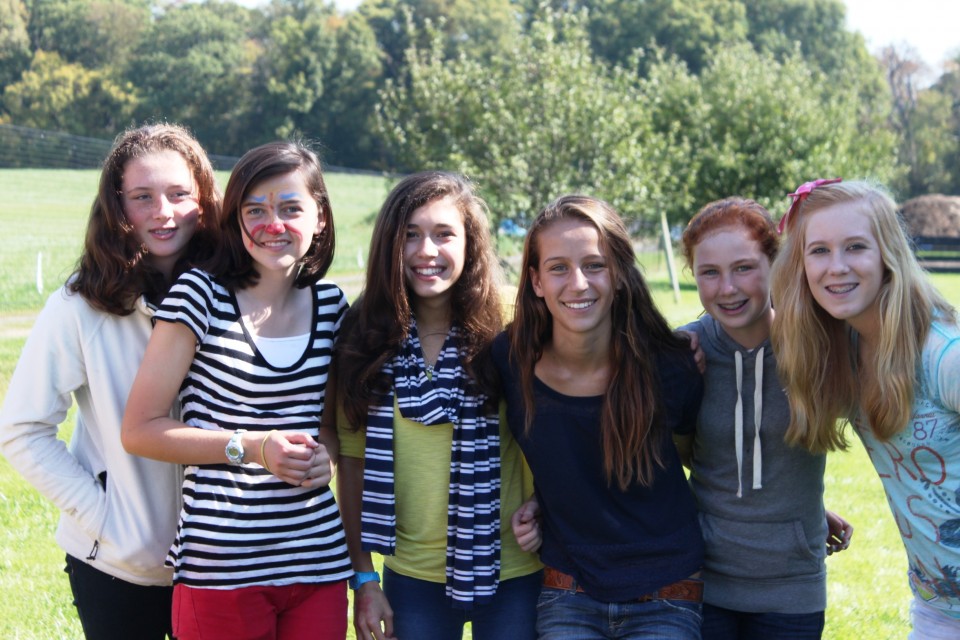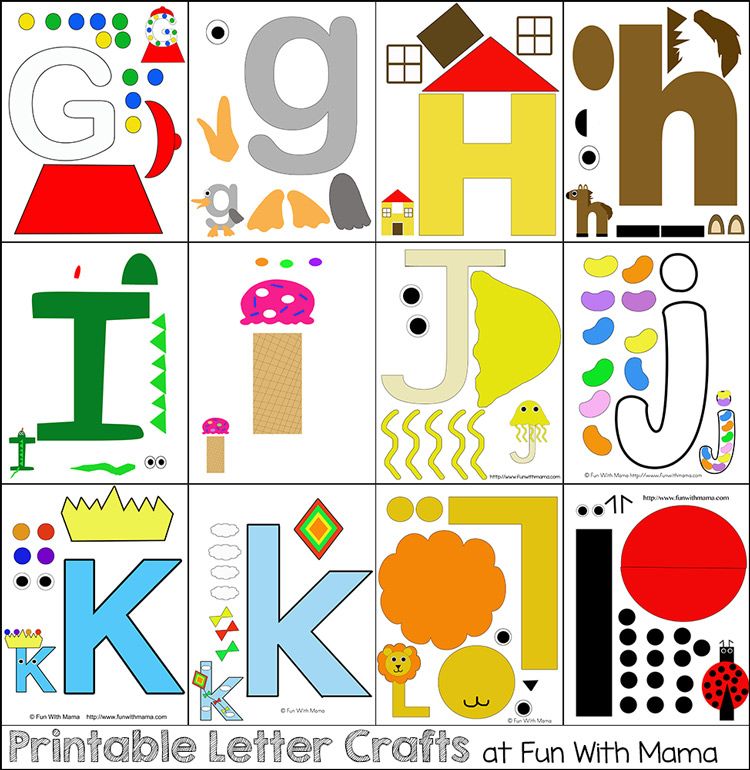Activities for emergent literacy
Emergent Literacy Activities
This post may contain affiliate links. See Disclosure for more information.
Emergent literacy is the term used to describe the reading and writing experiences of young children before they learn to write and read conventionally. Playing with letters and words, listening to stories, and exploring books are all ways to boost literacy in early learners. Here are seven fun and effective emergent literacy to use in the preschool classroom.
1. Oral Language: Chip Clip Poems
A great way to develop oral language and comprehension is by singing and playing rhyming games. Chip Clip Poems are a fun way to practice those skills (with bonus skills of counting, numbers, addition, and subtraction!). When oral language is presented in a natural, playful way through songs and fingerplays, the concept is both fun and appropriate for preschool students.
2. Rhyming: Puzzle Pieces
Rhyming is an essential pre-reading skill in English. Research shows that children that can rhyme read much more quickly and easily. Conversely, research shows that one of the red flags for reading disabilities is the inability to rhyme early on. Students need lots of experience with and exposure to rhymes – in books, songs, games, and more. Puzzles are a great way to start practicing rhyming because not only do the words rhyme, but the shapes match up and help those that are still learning.
Phonemes refer to individual sounds that make up words. The most important words to start with in preschool are the student names. Names are a springboard for all literacy learning. When presented in a song, students hear the sounds of their name and begin to recognize their name in print.
4. Sentences: Word Replacement
Young students are just beginning to understand the difference between letters, words, and sentences. Doing word replacement activities helps them segment spoken sentences into a series of individual words.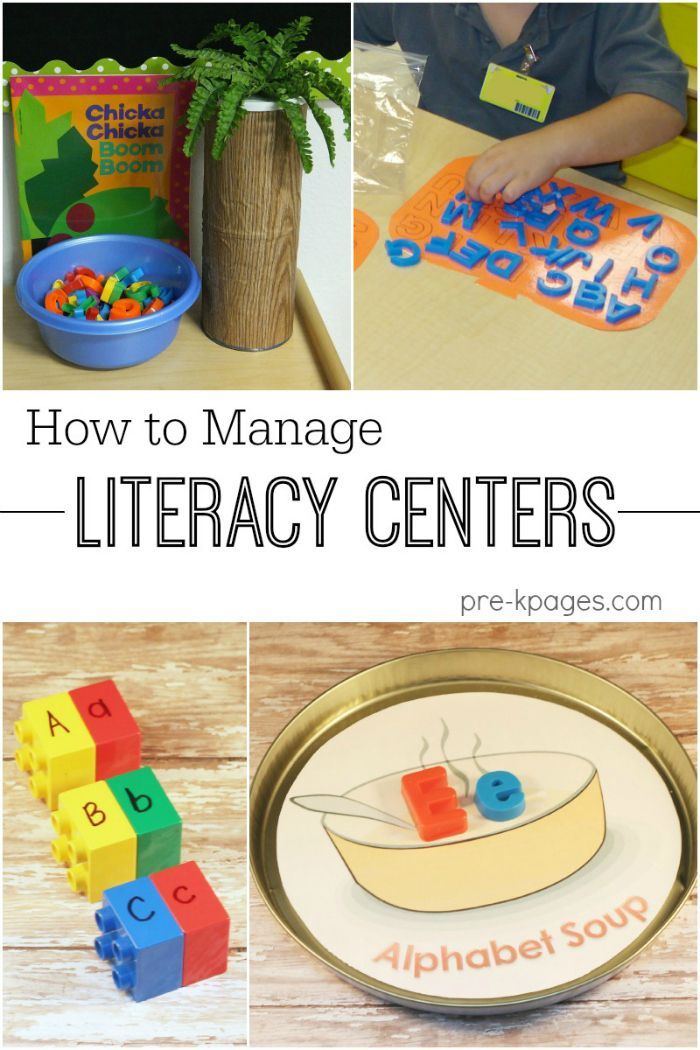
5. Syllables Sorting
Research has proven that the speed with which a child learns to read correlates to how much phonological awareness they receive before and during formal reading instruction. Syllable splitting skills progress toward the end of the phonological awareness spectrum. Clapping hands to segmented words is a great way to practice recognizing syllables.
6. Concepts of Print: Pocket Chart Activity
Developing Concept of Word is the #1 watershed event for emergent readers that leads them right into becoming beginning readers! The goal is to have students point to each word as they read with one-to-one matching. It is important to remember the main focus is not to have the students sound out or spell the words. If the emergent reader stumbles on a word, tell them the word and encourage them to move on.
7. Alphabet Knowledge: Peek-A-Boo Game
Preschool children need LOTS of exposure to letters in order to master the alphabet.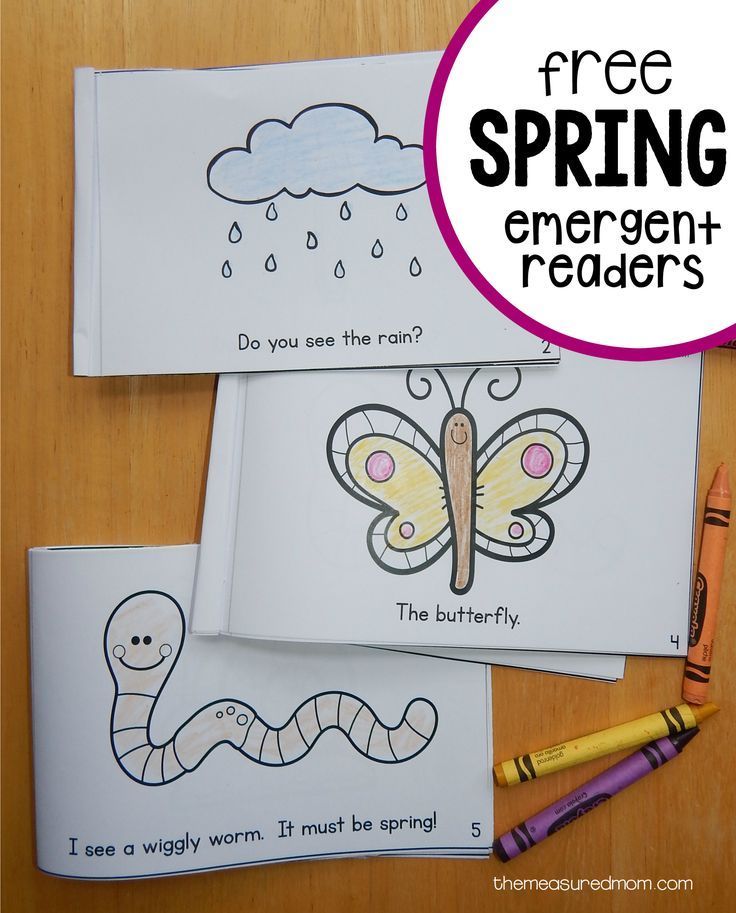 As the alphabet is made up of similar lines and curves, students must be able to discriminate from one letter to the next visually. Peek-A-Boo games like this one encourage students to focus on those lines and curves and their placement to guess the letter.
As the alphabet is made up of similar lines and curves, students must be able to discriminate from one letter to the next visually. Peek-A-Boo games like this one encourage students to focus on those lines and curves and their placement to guess the letter.
More Resources on Emergent Literacy
- Some fascinating research on Emergent Literacy from Save the Children – long but definitely worth a read!
- Information about Emergent Literacy for students with special needs from the American Speech-Language-Hearing Association.
Print all 7 activities pictured above in this handy eBook:
Are you a teacher?
FREE Emergent Literacy eBook
Download your free Emergent Literacy eBook!
After you subscribe, you will be redirected to the FREE eBook. We respect your privacy. Unsubscribe at any time.
Filed Under: Learn to Read, Literacy
You May Also Enjoy These Posts
Binoculars Craft for Preschoolers
12 Fun Preschool Painting Ideas: Exploring Different “Brushes”
Reader Interactions
Emergent Literacy Activities, Games, & Strategies
Emergent Literacy Activities, Game, and Strategies
Literacy is very important when teaching children.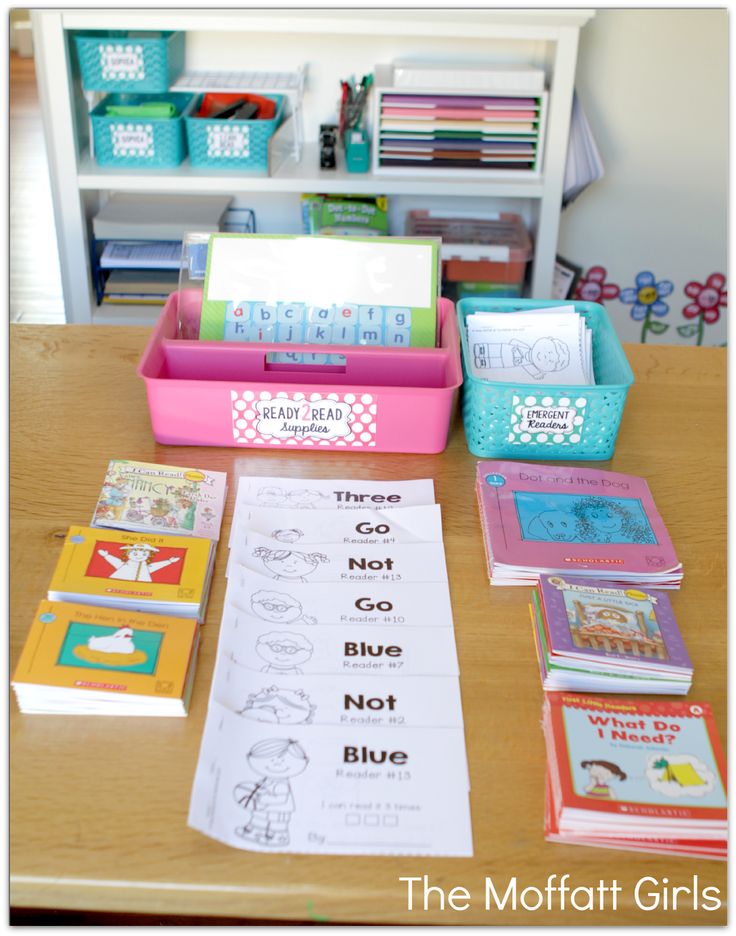 Richard Allington, a reading expert, outlines six elements that every child should experience every day. The six elements are the following:
Richard Allington, a reading expert, outlines six elements that every child should experience every day. The six elements are the following:
1. Every child reads something he or she chooses.
2. Every child reads with accuracy.
3. Every child reads something he or she understands.
4. Every child writes about something personally meaningful.
5. Every child talks with peers about reading and writing.
6. Every child listens to a fluent adult read aloud.
In teaching emergent literacy skills, children are being taught skills in oral language development, early writing skills, and concepts of print.
Teaching Emergent Literacy Skills has to be done in the correct sequence. Children need to first be able to recite the alphabet THEN match them to written letters. Secondly, in preschool, uppercase letters should be taught because they are easy to recognize. In first grade, lowercase letters need to be reinforced often because they found in print.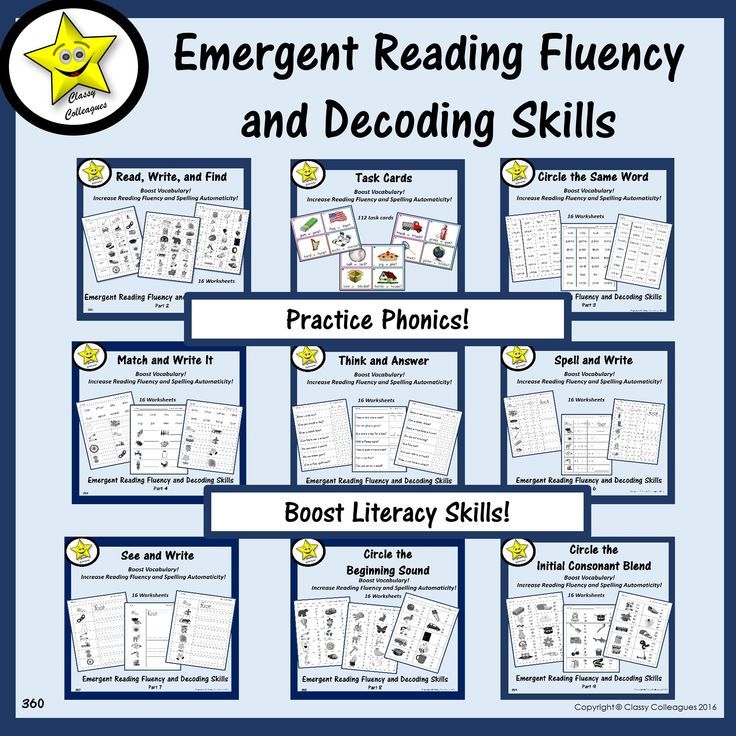
Oral language
is a crucial aspect of emergent literacy because it said to be the single best predictor to how a child will do in school prior to physically starting school. What does this mean? This means that children need to be actively involved in language-rich environments at home and in the classroom.
Teaching Early Writing Skills occurs in four stages. Stage 1 is drawing and scribbling. Stage 2 is letters and letter-like forms. Stage 3 is salient and beginning sounds. Lastly, stage 4 is beginning and end sounds.
Concept of Print Skills are skills children need before they can physically start reading. These skills are proper book handling skills, being able to identify the title, author, illustrator, and distinguish between pictures and text, and understand reading orientation with a return sweep.
Story Box
- Synopsis: When children are in Pre-K and Kindergarten they are working on oral language and reading skills such as: speaking in full sentences, narrative skills, and using descriptive language.
 The Story Box allows children to practice both narrative and oral language skills because they are verbally creating their own story based off images. This can also be used as an activity for the Language Experience Approach (the acting teacher will just have to write down the story as the child/children say it).
The Story Box allows children to practice both narrative and oral language skills because they are verbally creating their own story based off images. This can also be used as an activity for the Language Experience Approach (the acting teacher will just have to write down the story as the child/children say it). - Materials: story cards (can download at link), empty tissue box, giftwrap, scissors, and tape.
- Directions:
- Cut out images from the free printables to make cards for the box
- Use leftover wrapping paper to cover an empty tissue box, leave the top slot uncovered.
- Place all the cards inside the box and set aside the 6 story cards with people on them.
- Lets play! Ask your child to pick one of the people from the story cards to have a subject for the story. Once the main subject is picked, place the rest of the people in the story box.
- For the first couple of times, the acting teacher will need to model the activity for the students.
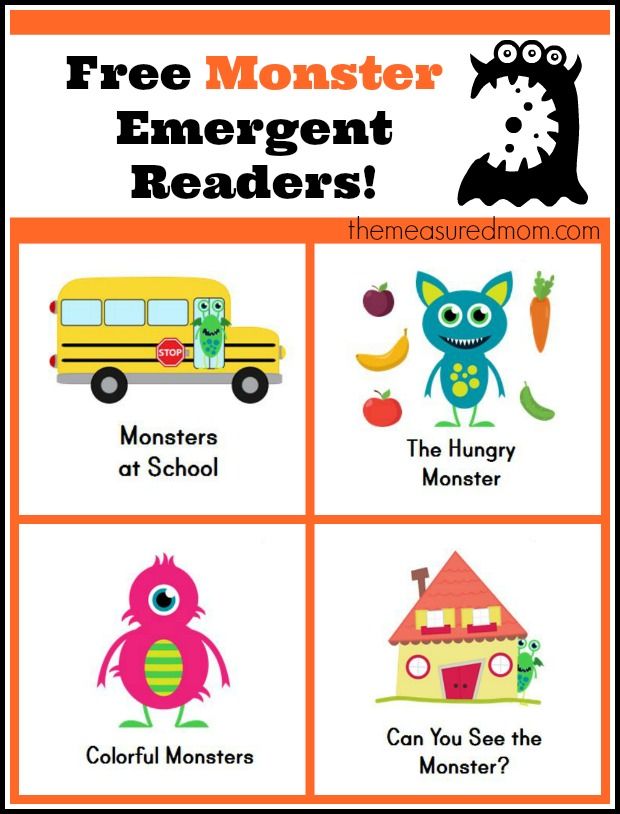 Have children tell a story based off the cards they pull from the story box. If there is a group setting, go around the circle taking turns for each child to add a line to the story.
Have children tell a story based off the cards they pull from the story box. If there is a group setting, go around the circle taking turns for each child to add a line to the story. - Once the story is finished, line up the cards in chronological order and have the child/children recite the story to you.
Story Box Link
Pre-Writing Practice Strips
- Synopsis: Three are four stages in early writing. Drawing and scribbling is the first stage in early writing skills. Pre-Writing Practice Strips helps children practice tracing patterns similar to drawing and scribbling. This activity will also help children master fine motor skills and proper pencil group. Since this is the first stage in early writing skills, children will be getting prepped to move into the stage of Letters and Letter-like forms.
- Materials: dry erase markers and dry-erase patterns
- Directions: Given dry erase markers, students will practice tracing various patterns and shapes.
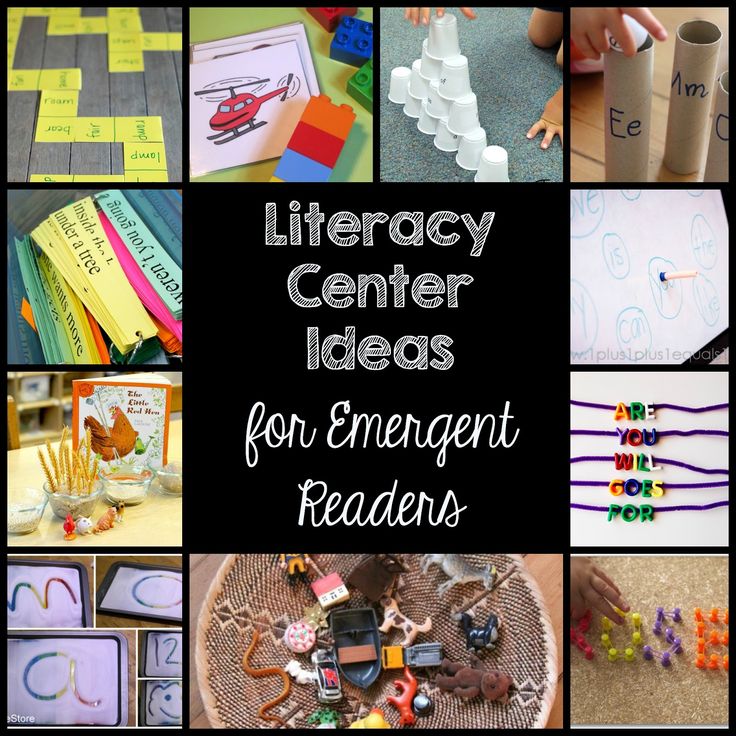 This will help children master early writing skills.
This will help children master early writing skills.
Pre-Writing Practice Strips Link
Cotton Swab Letter Tracing
- Synopsis: When children are in the early stages of writing, they need plenty of opportunities to practice letter formation and proper pencil grip. Cotton Swab Letter Tracing will teach children how to properly hold a pencil and practice forming both lowercase and uppercase letters. Not only are children practicing early writing skills, they are also practicing letter recognition skills.
- Materials: paint, cotton, swab, sturdy paper, and maker
- Directions: The acting teacher will use the marker to write letters (can be both uppercase and lowercase) on a sturdy sheet of paper. He/she will supply children with the paper, cotton swabs, and paint. Children will hold the cotton swab like they would hold a pencil and dip it into the paint. Using the paint dipped cotton swab, the children will trace over the letters written in marker.
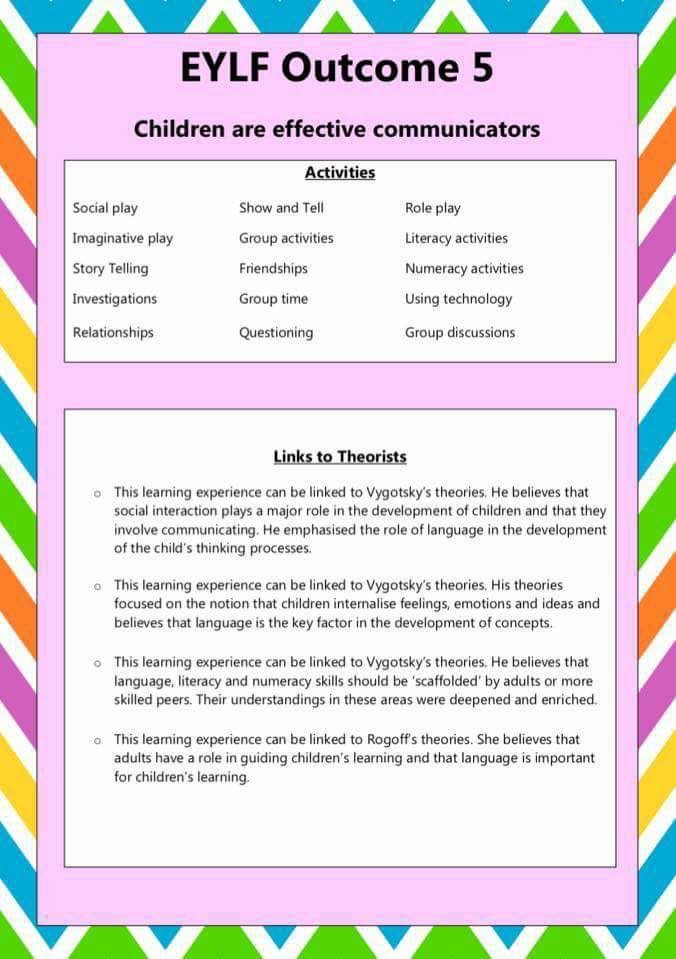
Cotton Swab Letter Tracing Link
Hot Wheels Print One to One
- Synopsis: When learning to read, children must learn where in a sentence to start reading and where to end. Hot Wheels Print One-to-One is a flash card activity that uses traffic light colors and traffic lights to show a child where to start reading and where to end. This is a great activity for children to practice reading orientation as part of concepts of print skills. The link below takes you to more information including both types of flashcards.
- Directions: With a teacher, children will put their pointer finger on the green dot and read all the words following the yellow and stopping on the read dot. This will teach children that punctuation ends a sentence. For the next level up, children will use the flash cards with traffic lights on them, they will start with the green light read the sentence allowed guiding their finger across the line and stopping when they reach the red light.
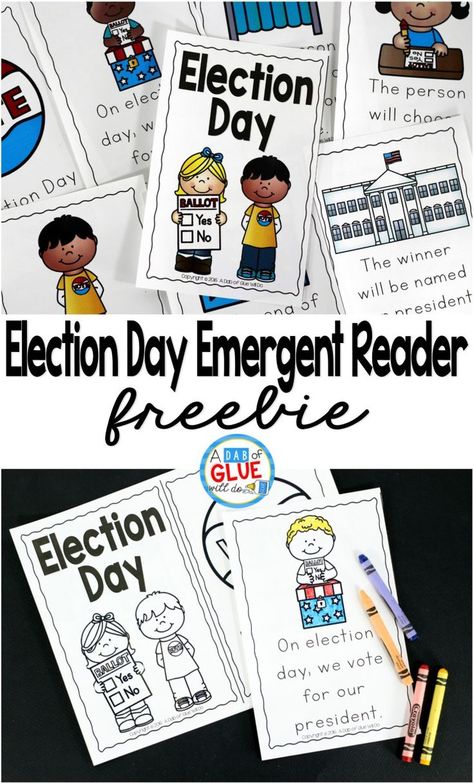
Hot Wheels Print One-to-One Link
Pete the Cat Book- Synopsis: One of the most important factors in determining future reading success is the development of concepts of print. Left to right orientation, top to bottom orientation, return sweep, spaces between words, and where to begin reading and end are all concepts of print skills. Pete the Cat and other age appropriate books are perfect ways to teach students all about the concept of print skills. This activity includes working with children and having practice each skill with an adult.
- Materials: craft stick, craft blue, button, and any Pete the Cat book
- Directions:
- Create the Pointer
- Using the craft glue, attach the button to the craft stick. Give ample amount of time to dry before allowing the child to use.
- Practice Concept of Print Skills
- Read through the book with the child and point out all the different skills with the pointer.
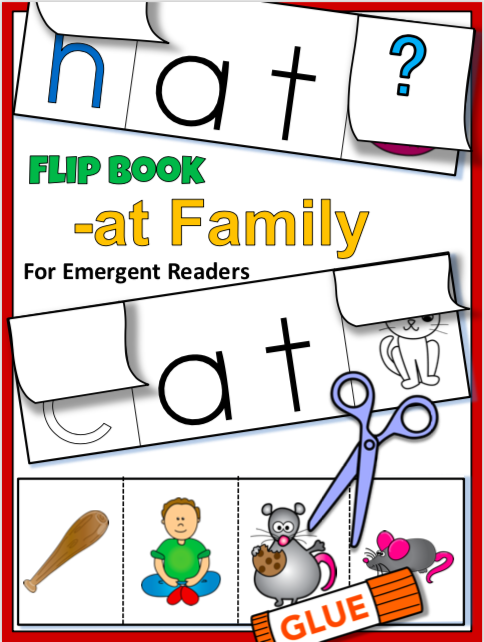 As the acting teacher, show the child the different parts of the book, how we read from left to right, where we start reading and end reading, the title, author, letters, words, and sentences.
As the acting teacher, show the child the different parts of the book, how we read from left to right, where we start reading and end reading, the title, author, letters, words, and sentences. - After reading through the book once, give the student the pointer and ask them about the different concept of print skills.
- Use a different book each time for students to practice these skills with various books and also to develop reading skills.
- Read through the book with the child and point out all the different skills with the pointer.
- Create the Pointer
Pete the Cat Link
My Letters, Words, and Sentences Booklet
- Synopsis: Before children can read books, they need to be able to identify and note the differences in letters, words, and sentences. My Letters, Words, and Sentences Booklet helps students develop concept of print skills and letter recognition skills. Children are practicing their skills of identifying letters, words, and sentences as part of concepts of print. The best part about this booklet is that it can be used as both an introductory and reinforcement activity.
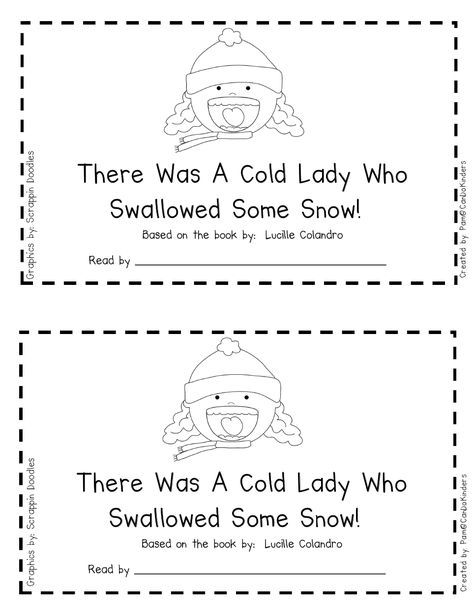 Students will use provided material to create pages of letters, words, and sentences in their booklet. My Letters, Words, and Sentences Booklet is a great way for students become aware of text and concepts of print.
Students will use provided material to create pages of letters, words, and sentences in their booklet. My Letters, Words, and Sentences Booklet is a great way for students become aware of text and concepts of print. - Materials: My Letters, Words, and Sentences Booklet, scissors, sheet full of letters, sentences, and single words, and magazines.
- Directions: This booklet can be utilized two different ways 1) with teacher supplied materials and 2) with magazines
- Teacher Supplied Materials
- During instruction, a teacher will provide students with the same information he/she is using (like in the video from the link).
- Students will follow along with the teacher and practice sorting letters, words, and sentences into the appropriate pages in their booklets.
- Magazines
- A teacher will supply students with kids appropriate magazines and old storybooks.
- Students are too look through the materials provided and cut out various letters, words, and sentences that they can identify.
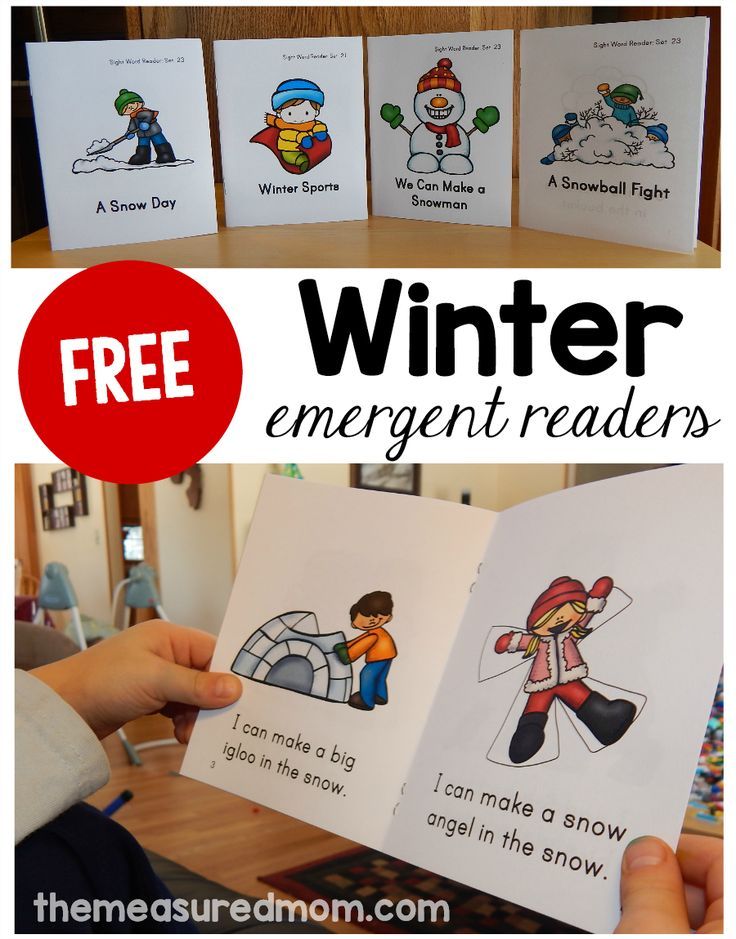
- Using the cutout material, students will place them into the booklet onto the appropriate pages for the teacher to check and for future reference.
- Teacher Supplied Materials
My Letters, Words, and Sentences Link
Proper Book Handling Skills
- Synopsis: When children are learning to read, book-handling skills are an important aspect students need to know. Book-handling skills are part of the early literacy skill: concepts of print. It is important that teacher’s instruct students on proper ways to handle a book and constantly remind them the proper ways, the perfect way to do this is have a chart on the wall.
- Directions: The chart can be color-coded to show students the good and bad book handling skills. Teachers go over the chart at the beginning of the year and then place it near the classroom library. The chart will be used as a reminder for students to treat books properly.
Activities for the formation and assessment of the functional literacy of students » Lyceum No.
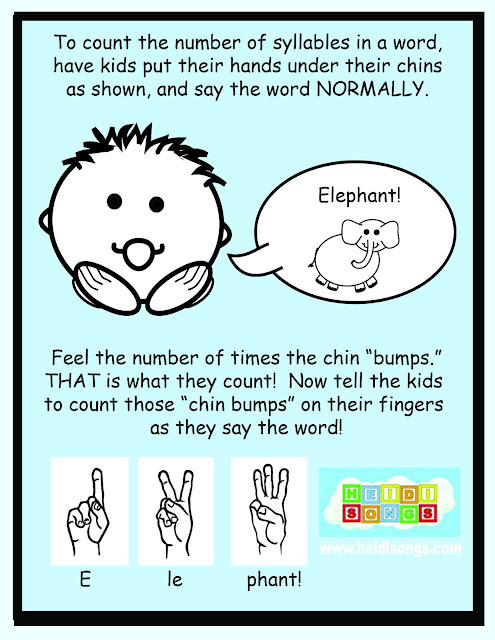 12, Sterlitamak RB
12, Sterlitamak RB
The concept of "functional literacy" appeared in 1957 in relation to the adult population, who needed to eliminate their illiteracy. At that moment, three basic literacies were enough to successfully cope with solving life situations: the ability to read, write and count. Modernity requires much more literacy from a person: reading and writing skills, mathematical literacy, science literacy, ICT literacy, financial literacy, cultural and civic literacy. A modern person requires the ability to think critically, work in a team, communicate, and be creative. Curiosity, perseverance, initiative, adaptability, leadership qualities can help to acquire all these skills (literacy).
Functional literacy - the ability of a person to enter into relations with the external environment and adapt and function in it as quickly as possible.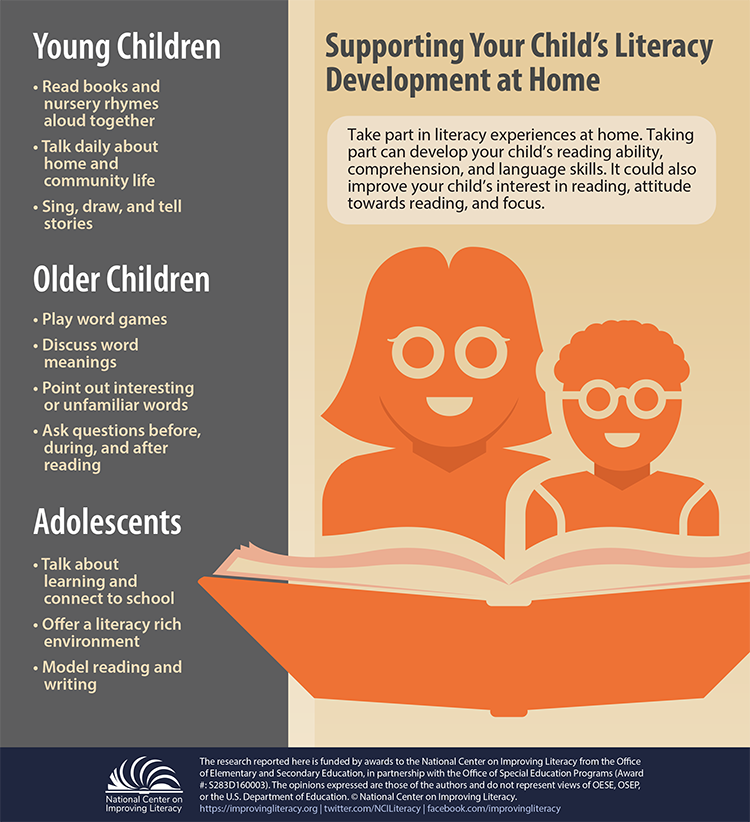 Unlike elementary literacy as the ability of an individual to read, understand, compose simple short texts and perform simple arithmetic operations, functional literacy is a level of knowledge, skills and abilities that ensures the normal functioning of the individual in the system of social relations, which is considered the minimum necessary for the implementation of the individual's life in specific cultural environment.
Unlike elementary literacy as the ability of an individual to read, understand, compose simple short texts and perform simple arithmetic operations, functional literacy is a level of knowledge, skills and abilities that ensures the normal functioning of the individual in the system of social relations, which is considered the minimum necessary for the implementation of the individual's life in specific cultural environment.
We learn about the existence of functional literacy only when faced with its absence. Therefore, we have to talk not so much about functional literacy as about functional illiteracy, which is one of the determining factors hindering the development of social relations. Therefore, the problem of functional literacy is usually considered not as a scientific and semantic problem, but as an activity problem, as a problem of finding mechanisms and ways to accelerate the elimination of illiteracy.
The peculiarity of the initial stage in the system of holistic secondary education is that it is at this stage that it is important to provide conditions for mastering the basic skills of educational activity, the need and desire to learn.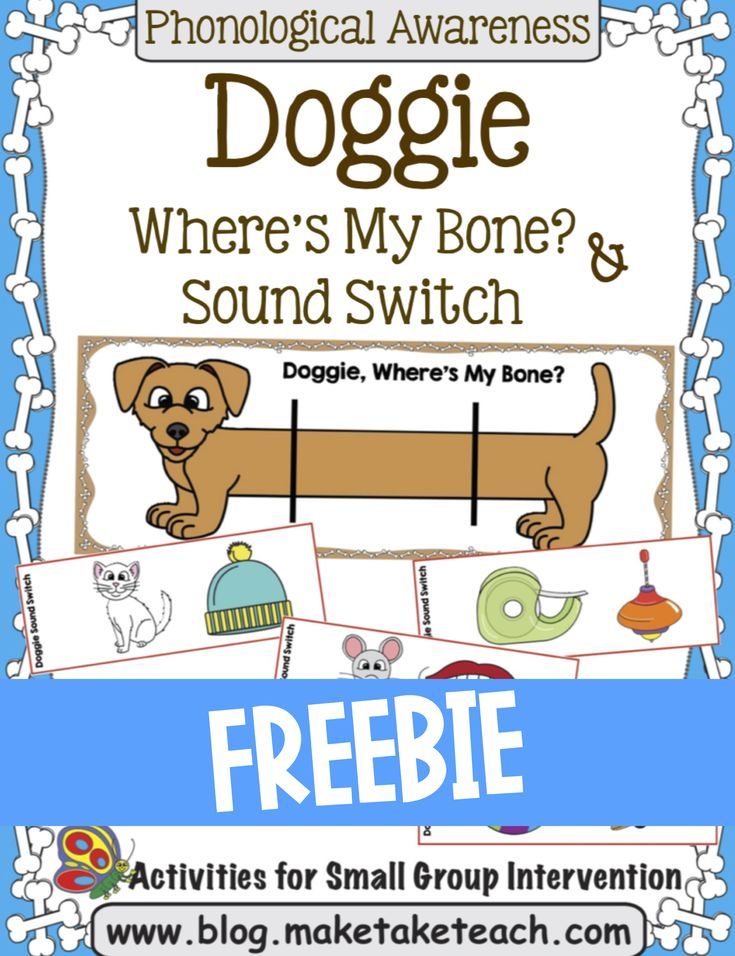 It is this activity in the complex of other activities (playing, sports, artistic, labor) performed by the child that plays the leading role in his mental development.
It is this activity in the complex of other activities (playing, sports, artistic, labor) performed by the child that plays the leading role in his mental development.
Federal regulations
- Order of the Ministry of Education of the Russian Federation of 05/06/2019 No. 219 On approval of the methodology and criteria for assessing the quality of general education in OO 1.pdf
- Letter of the Ministry of Education of the Russian Federation dated September 12, 2019 No. TS-2176-04 On materials for the formation and assessment of the functional literacy of students 2.pdf
- Letter from the Ministry of Education of the Russian Federation dated January 26, 2021 No. TV-94-04 On the electronic bank of training tasks for assessing functional literacy 3.pdf
- Letter of the Ministry of Education of the Russian Federation No. 04-238 dated March 22, 2021 On the electronic bank of training tasks for assessing functional literacy 4.
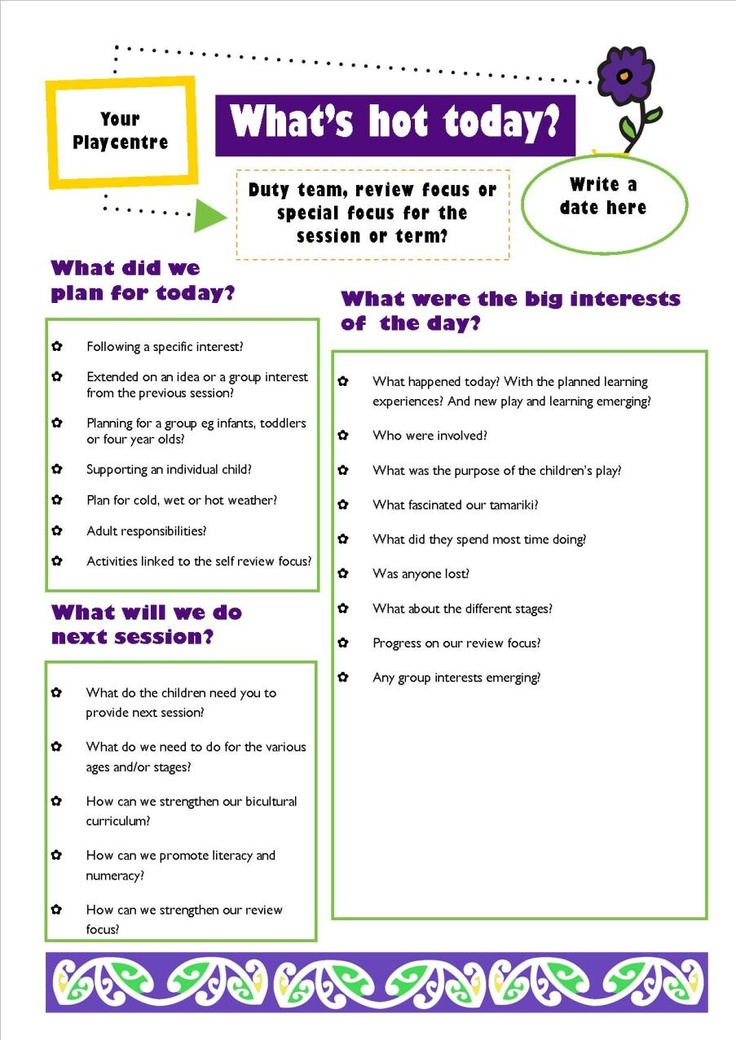 pdf
pdf - Letter of the Ministry of Education of Russia No. 03-1510 dated September 14, 2021 On the organization of work to improve functional literacy 5.pdf
- Letter of the Ministry of Education of the Russian Federation of September 17, 2021 No. 03-1526 On the methodological support of work to improve functional literacy 6.pdf
Regulatory documents of the regional level
* Order of the Ministry of Defense and science "On approval of the Action Plan ("road map") aimed at the formation and assessment of the functional literacy of students in general educational organizations of the Republic of Bashkortostan" dated 20.09.21 No. 1869.pdf
* Action plan ("road map") aimed at the formation and assessment of the functional literacy of students in general educational organizations of the Republic of Bashkortostan plan-po-fg.pdf
* Order of the MCU "Education Department" On monitoring the formation of students' functional literacy on the territory of the city of Sterlitamak" dated September 24, 2021 785.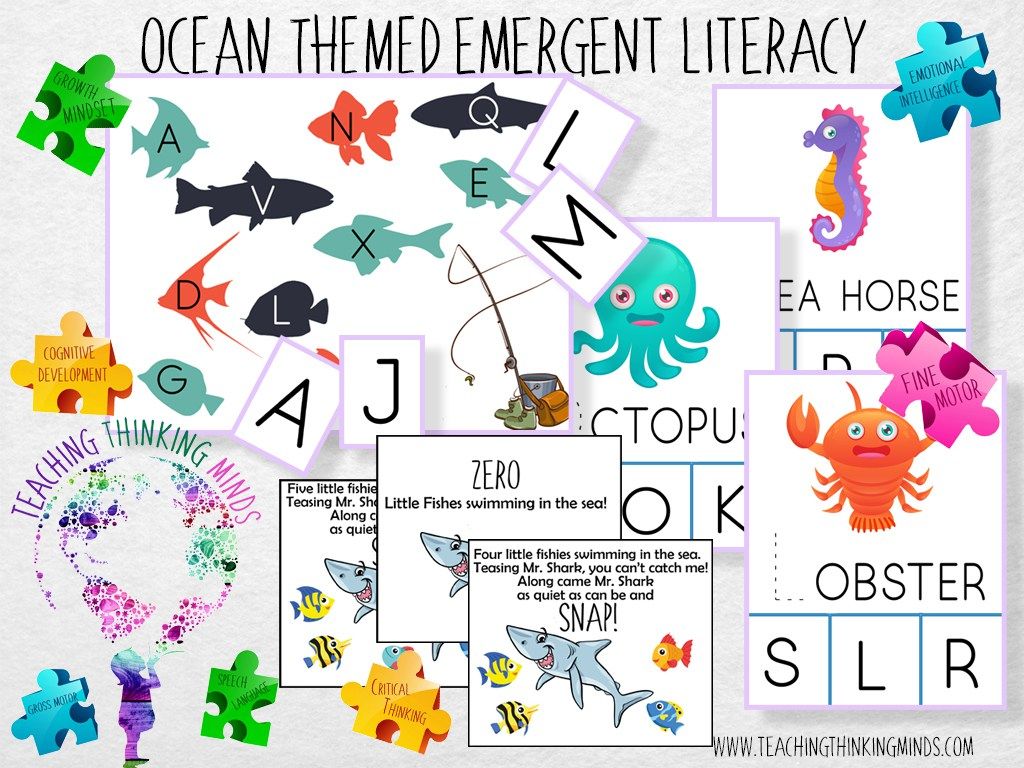 pdf
pdf
* Action plan ("road map") aimed at the formation and assessment of the functional literacy of students of general educational organizations in Sterlitamak for the 2021-2022 academic year plan.pdf
* Action plan ("road map") aimed at the formation and assessment of the functional literacy of students of the Lyceum No. 12 for the 2021-2022 academic year 700.pdf
Memo for parents on the formation of functional literacy pamjatka.pdf
Methodological recommendations of the Ministry of Defense and science of the Republic of Belarus in the framework of the development of functional (reader) literacy pr1.pdf pr-2.pdf
Minikeeva Zh.V. "Formation of functional literacy of students as a condition for improving the quality of general education" statja.pdf
| Institute for Education Development Strategy of the Russian Academy of Education | Bank of tasks for the formation and assessment of functional literacy of primary school students | http://skiv.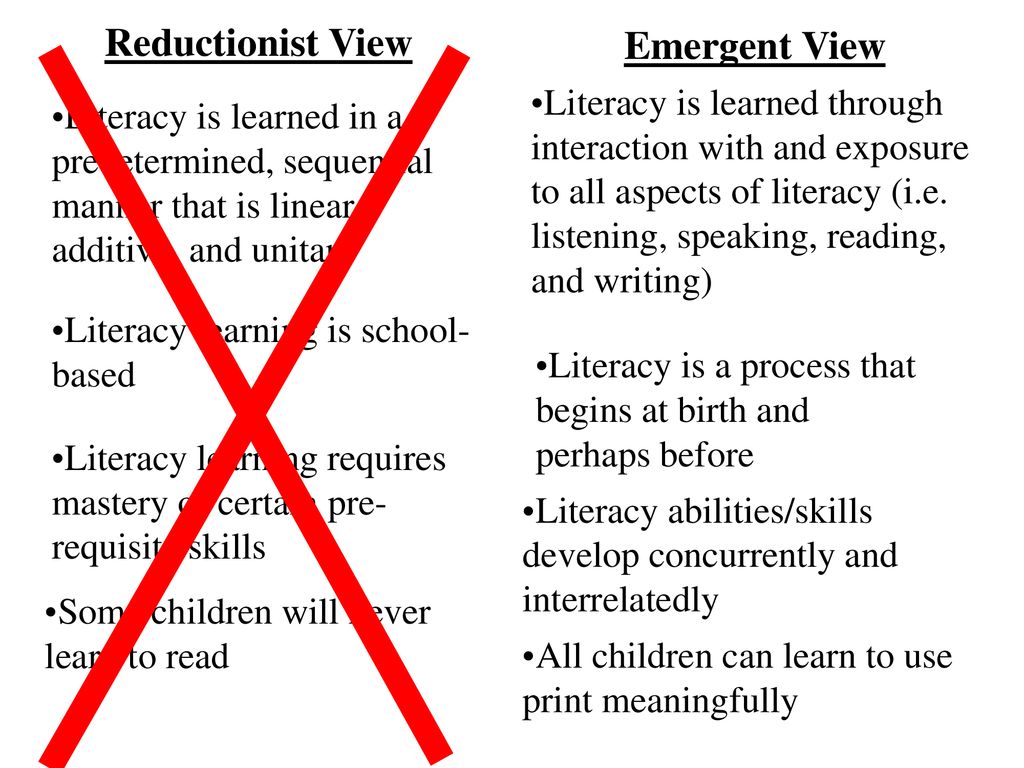 instrao.ru/bank-zadaniy/ instrao.ru/bank-zadaniy/ | http://skiv.instrao.ru/support/demonstratsionnye-materialya/ |
| Federal Institute of Pedagogical Measurements | Open bank of tasks for assessing natural science literacy (grades VII-IX) | https://fipi.ru/otkrytyy-bank-zadaniy-dlya-otsenki-yestestvennonauchnoy-gramotnosti |
| Electronic task bank for assessing functional literacy for students in grades 1-9 | https://media.prosv.ru/fg/ | |
| "Russian Electronic School" | Functional literacy task bank | https://fg.resh.edu.ru/ |
| Federal Institute for Education Quality Assessment | Examples of open PISA tasks in reading, mathematics, science, financial literacy and tasks on joint problem solving | http://center-imc.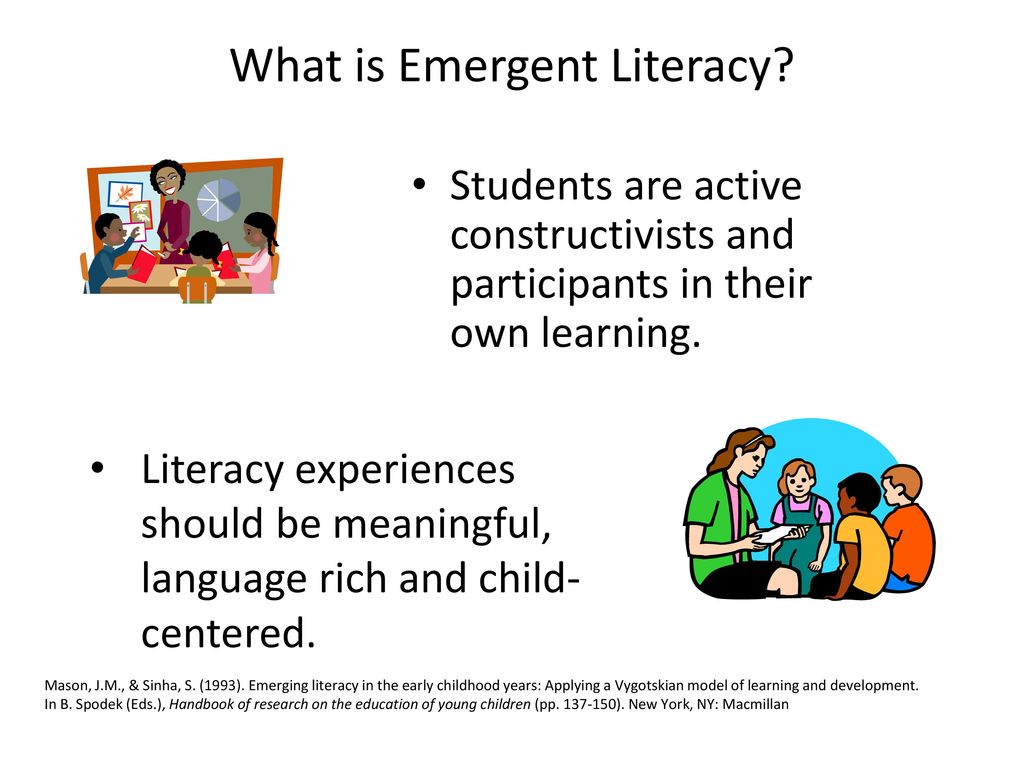 ru/wp-content/uploads/2020/02/10120.pdf ru/wp-content/uploads/2020/02/10120.pdf |
Action plan for the formation of functional literacy of students for the 2021/22 academic year - GBOU secondary school No. 259named after M.T. Loris-Melikova
Administration
Purpose: to create conditions for the formation of functional literacy (reading, mathematics, science) among students in grades 5–9 by updating interdisciplinary connections in the educational process.
Tasks:
- Consider the theoretical aspects of the process of formation of functional literacy.
- To reveal the possibilities of activating interdisciplinary connections as a condition for the formation of functional literacy of students.
- Identify bottlenecks, difficulties and problems in the implementation of GEF in order to take timely measures to ensure the successful implementation of the task of improving the quality of education.
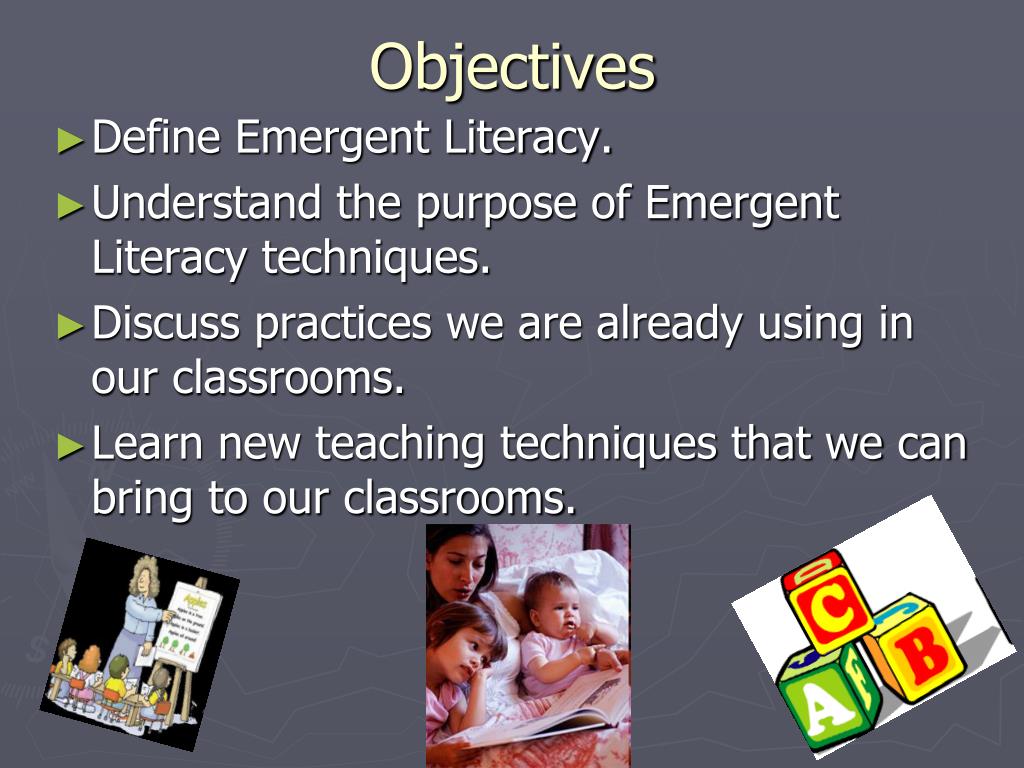
Expected results:
- Development of a model for the formation of functional literacy by school teachers.
- Creation of conditions for the formation of functional literacy of students.
- Creation of a bank of interdisciplinary tasks.

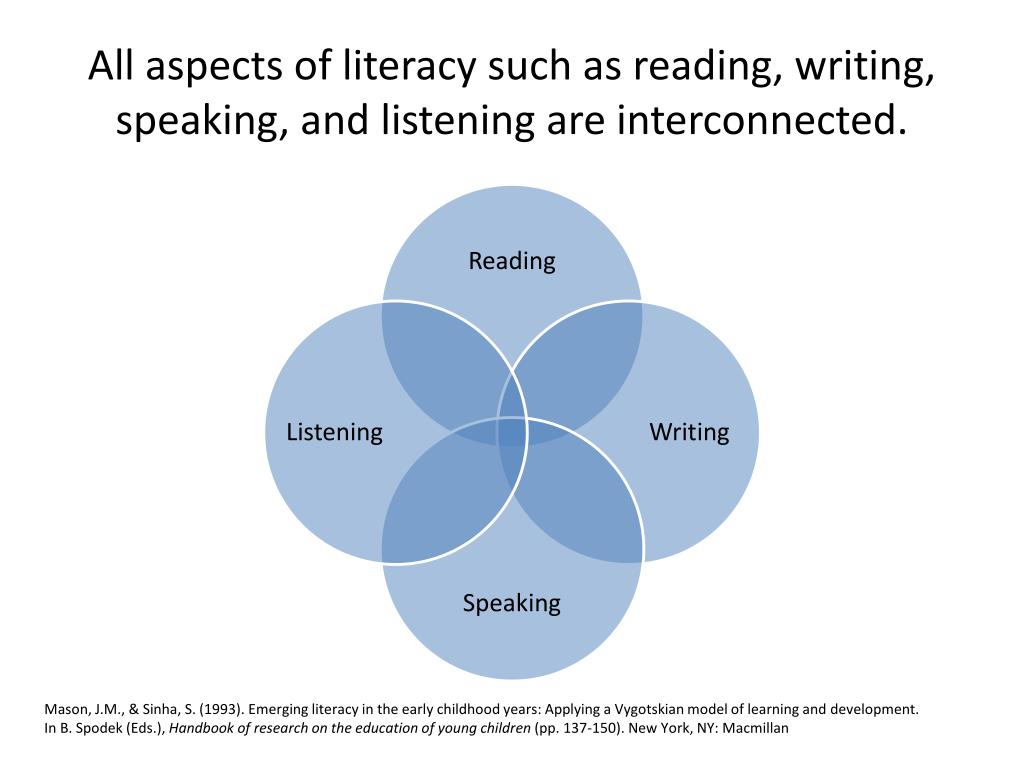 05.2019 No. 590/219;
05.2019 No. 590/219; 